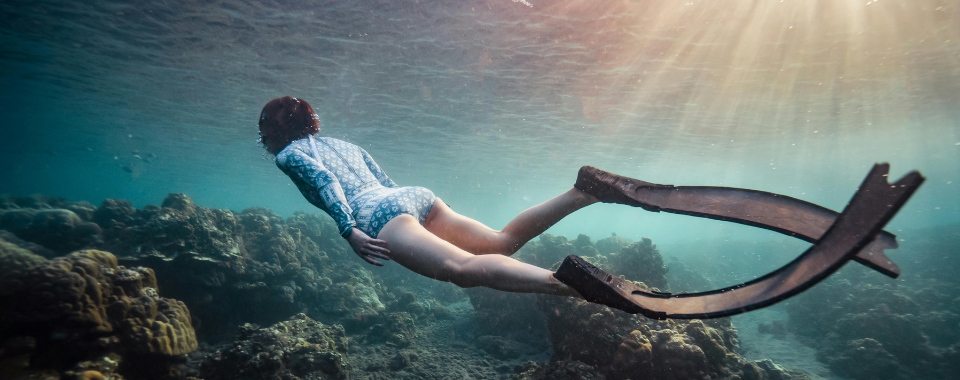Traveling offers an incredible way to explore the world, connect with different cultures, and experience nature’s beauty. However, it often comes with an unintended consequence—plastic pollution. From single-use water bottles to endless plastic packaging, tourism contributes significantly to the 300 million tons of plastic waste produced globally every year. For the eco-conscious traveler, these figures are a wake-up call urging us to rethink the way we explore.
This guide will show you why sustainable travel matters, how going plastic-free benefits the planet, and provide practical tips to help you minimize plastic consumption on your adventures. You’ll also find solutions to common challenges, along with success stories to inspire you to make traveling sustainably second nature.
Why Going Plastic-Free Matters in Sustainable Travel
Tourism accounts for approximately 8% of global carbon emissions, with plastic waste contributing to environmental destruction in many popular destinations. Remote beaches are littered with disposable water bottles, wildlife ingests plastic debris, and microplastics have invaded ecosystems far and wide. The impact isn’t just environmental—it’s social too. Local communities often bear the brunt of cleaning up the waste left behind.
Choosing sustainable, plastic-free travel can help break this cycle. It shows respect for the destinations you visit and makes a lasting impact on reducing plastic pollution across the globe. Plus, it aligns your values with your actions, ensuring your travel adventures leave minimal footprints but lifelong memories.
Benefits of Plastic-Free Travel for the Environment
When you commit to minimizing plastic consumption during your travels, you’re joining a growing movement of global citizens working toward a healthier planet. Here are some key benefits:
- Reducing Waste in Fragile Ecosystems: Many popular tourist spots—like beaches and national parks—lack proper waste management systems. Avoiding single-use plastics means less chance of polluting these beautiful areas.
- Protecting Wildlife: Each year, over a million marine animals die due to plastic pollution. Swapping disposable items for reusable alternatives helps prevent adding to this devastating toll.
- Supporting Local Communities: Plastic-free travel often goes hand in hand with supporting local businesses that prioritize sustainability. Your choices can help boost eco-friendly economies.
- Setting an Example: By traveling sustainably, you inspire others to follow suit, amplifying the collective impact in tackling plastic pollution.
Essential Tips for a Plastic-Free Journey
1. Pack Reusable Essentials
The foundation of plastic-free travel starts with what you pack. Replace disposable items with durable, reusable alternatives:
- Water Bottles: Opt for a stainless steel or glass water bottle. Many airports and train stations now offer refill stations, making carrying your own water bottle convenient and practical.
- Travel Utensils: Bring a reusable cutlery set made of bamboo or stainless steel to avoid using disposable options during meals.
- Shopping Bags: Foldable, reusable bags are perfect for market visits or last-minute purchases to replace the plastic counterparts often offered.
- Storage Containers: Silicone bags or lightweight stainless steel containers are excellent for storing snacks or leftovers.
- Reusable Straws: Skip single-use straws and pack a reusable straw for when you’re out sipping on coconut water or iced lattes.
2. Choose Eco-Friendly Accommodation
Your lodging choice can play a significant role in reducing your environmental impact. Look for accommodations that actively implement sustainable practices:
- Green-Certified Hotels: Stay in hotels with certifications like LEED or Green Key, as these properties often minimize waste and energy consumption.
- Plastic-Free Pledges: Support accommodations with initiatives to avoid single-use plastics, such as offering refill stations or glass water bottles.
- Locally Owned Stays: Consider eco-lodges or homestays run by locals. They often have a more sustainable approach, and your money directly supports the community.
3. Support Local Businesses with Sustainable Practices
The choices you make as a traveler extend beyond where you stay. Being mindful of how and where you spend your money can greatly influence the demand for sustainable practices:
- Eat at Local Restaurants: Dining locally reduces the carbon footprint of transported goods and minimizes unnecessary plastic packaging common in fast food chains.
- Shop Artisan Products: Invest in handmade or locally crafted goods rather than mass-produced tourist souvenirs often wrapped in plastic.
- Pick Plastic-Free Activities: Opt for eco-tours that actively contribute to conservation efforts, like beach cleanups or local wildlife programs.
Common Challenges and How to Overcome Them
Traveling plastic-free isn’t without its obstacles. However, with preparation and perseverance, these issues can be tackled effectively:
- Challenge 1: Access to Clean Drinking Water
Solution: Carry a portable water filter or purification tablets to safely refill your water bottle wherever you are.
- Challenge 2: Unavoidable Plastic Packaging
Solution: Politely decline unnecessary packaging where possible. For example, say no to straws or cutlery when ordering food to-go.
- Challenge 3: Limited Sustainable Options in Remote Areas
Solution: If eco-friendly choices are scarce, do your best with what’s available. Carrying reusable essentials from the beginning can resolve many of these issues.
- Challenge 4: Resistance from Others
Solution: Lead by example. A friendly explanation of your sustainable choices can often inspire others without being confrontational.
Inspiring Plastic-Free Travel Success Stories
Sometimes, the most profound inspiration comes from real-life examples of individuals or groups making a difference through plastic-free travel:
- The Ocean Nomads: A group of sea lovers traveling by sailboat, eliminating plastic waste and hosting educational workshops about ocean conservation.
- My Green Footprints Blog: Author Sarah crafted her entire 6-month adventure through Asia without creating a single piece of plastic trash.
- EcoTour Madagascar: This conservation-focused travel agency organizes trips that integrate waste cleanups and sustainable tourism initiatives.
If they can do it, so can you! Small changes lead to impactful results, and your commitment contributes to preserving the planet for generations to come.
Make a Difference on Your Next Trip
Plastic-free travel is more than just a trend—it’s a necessity for protecting the planet and creating a positive impact wherever you go. By packing reusable essentials, choosing eco-accommodations, and supporting local businesses, you pave the way for more mindful tourism. Every small effort contributes to a bigger, greener picture.
Are you ready to plan your next plastic-free adventure? Start small, set realistic goals, and share your progress with like-minded travelers online. Together, we can redefine what it means to travel responsibly.










